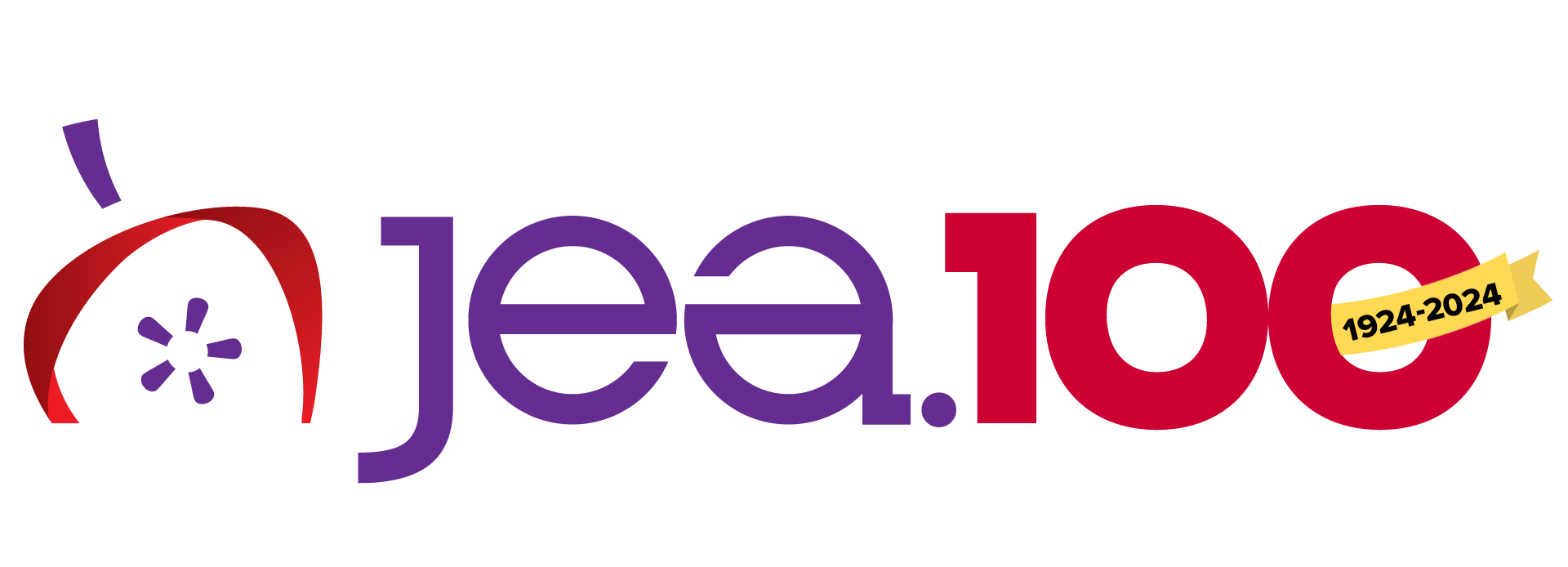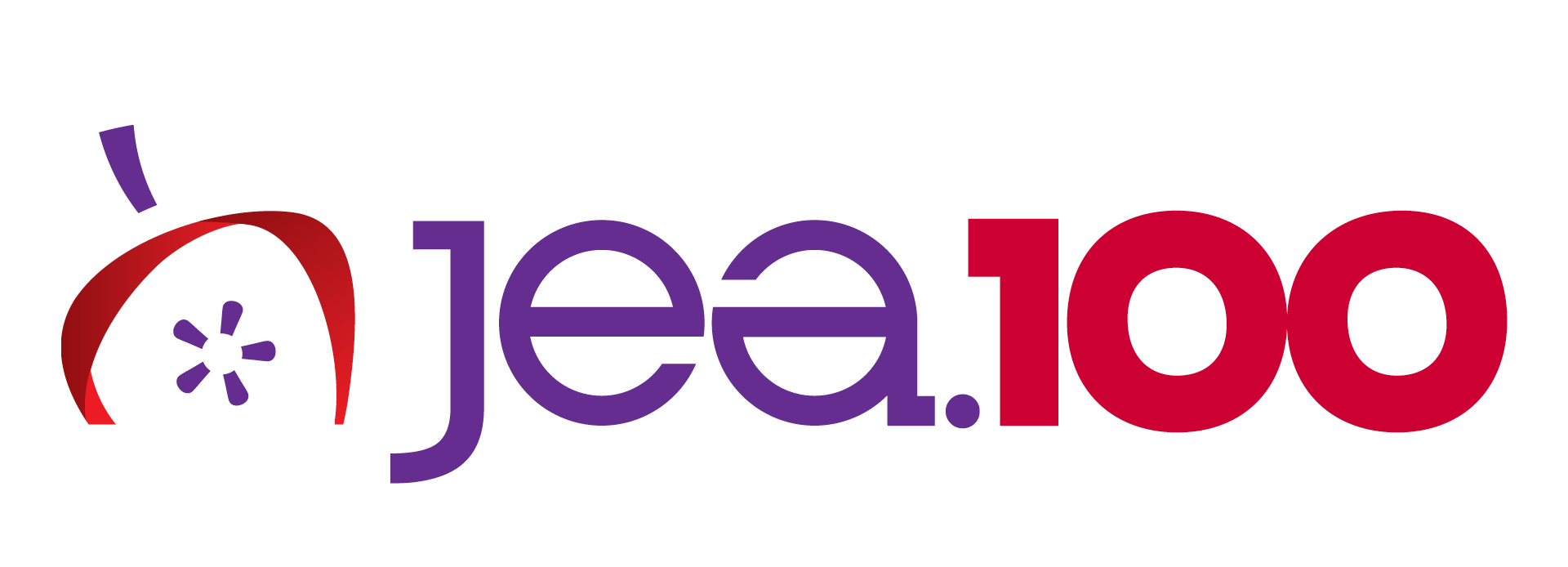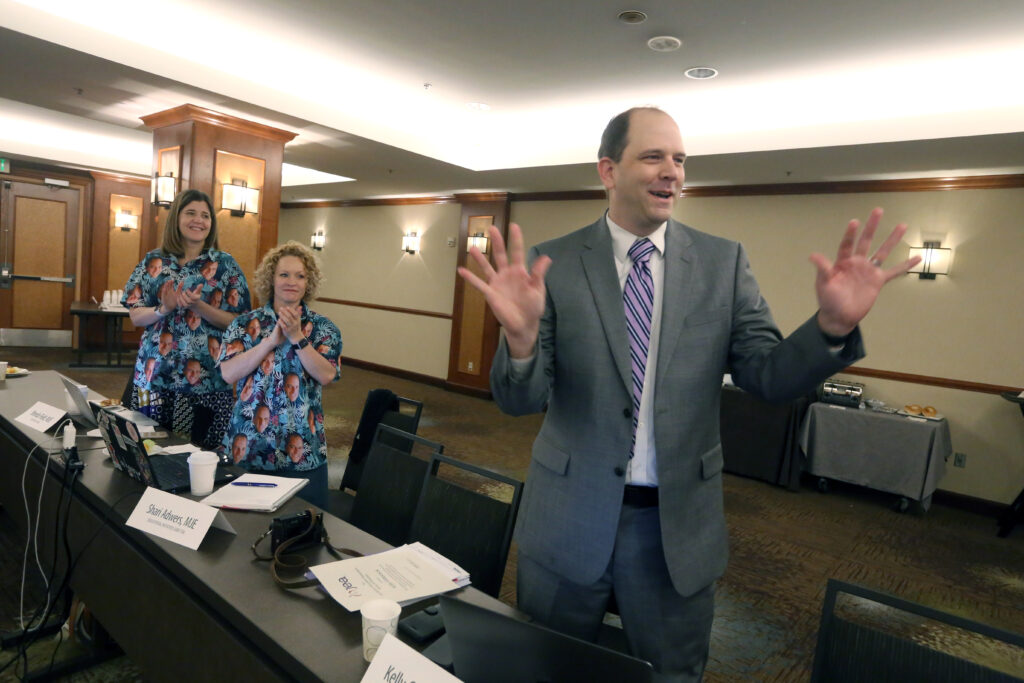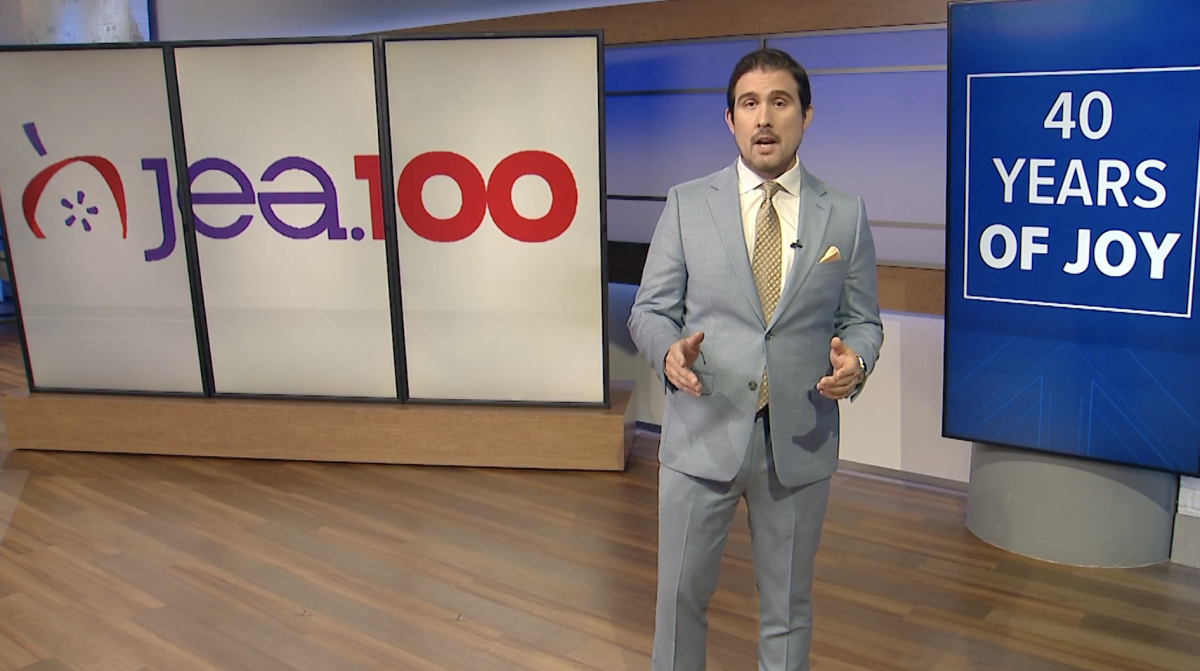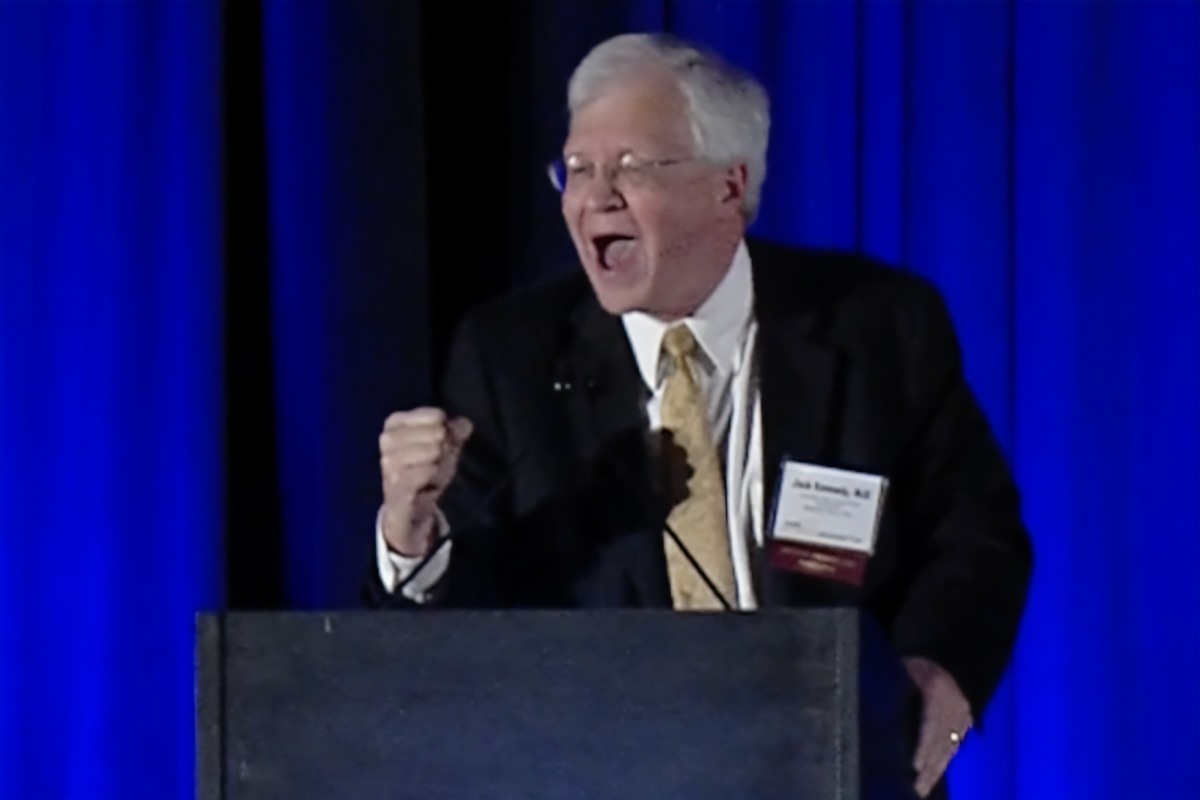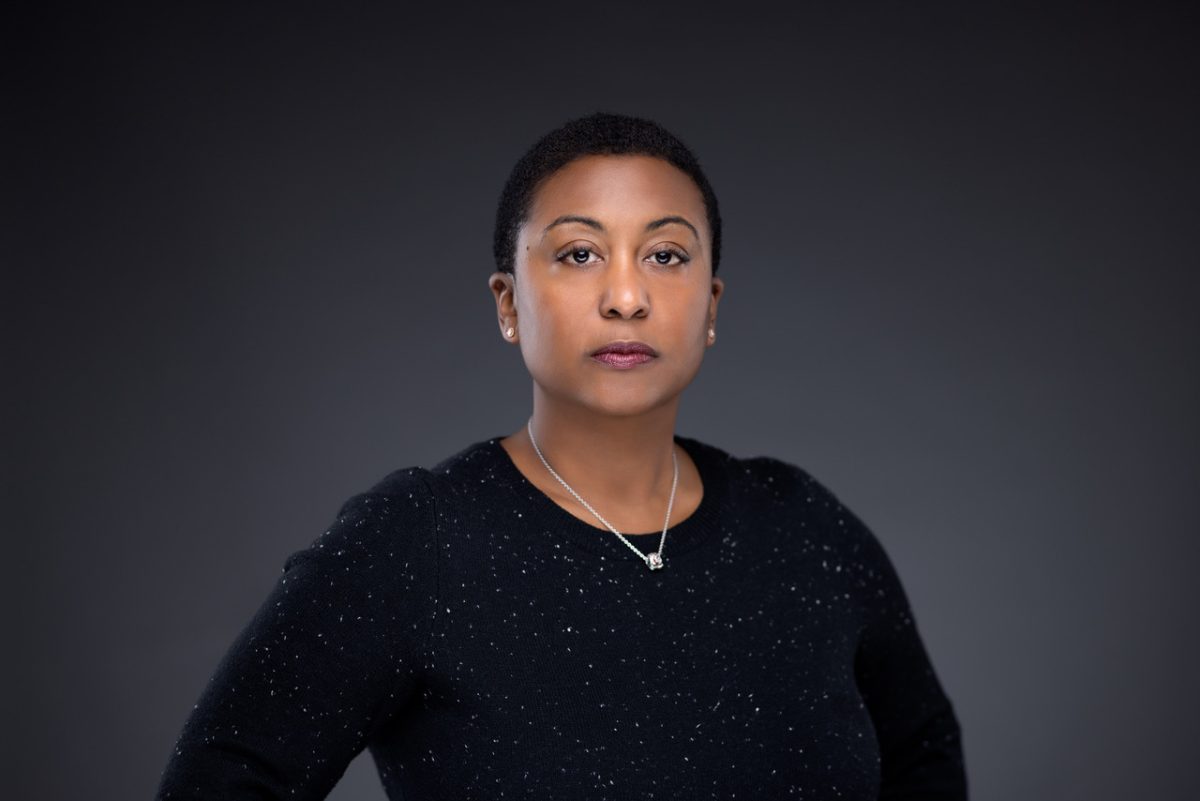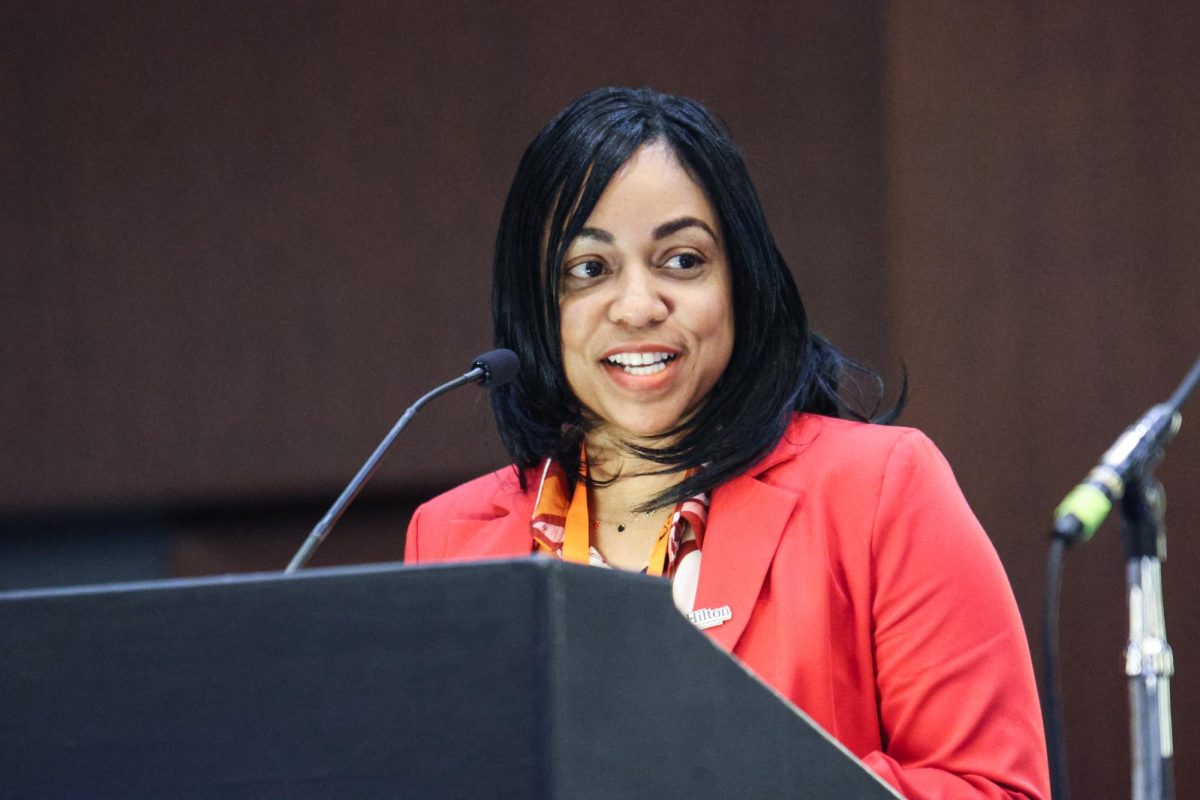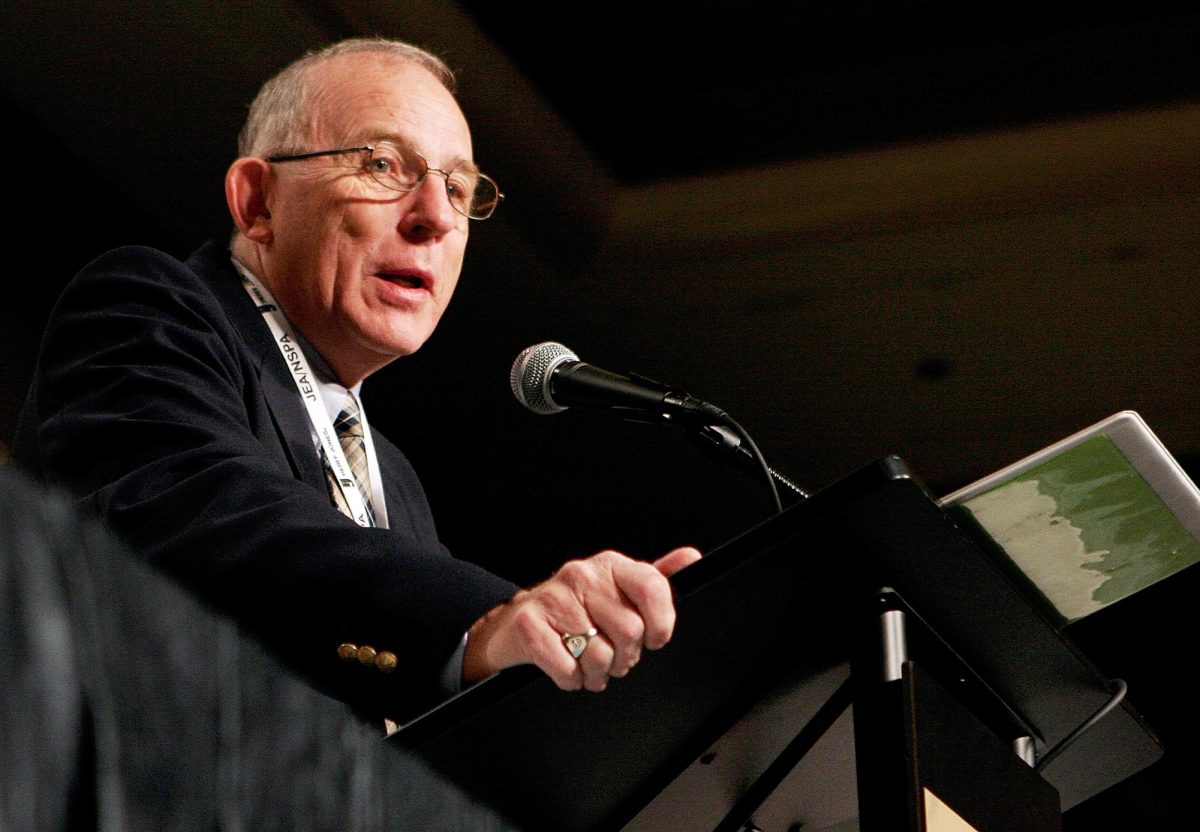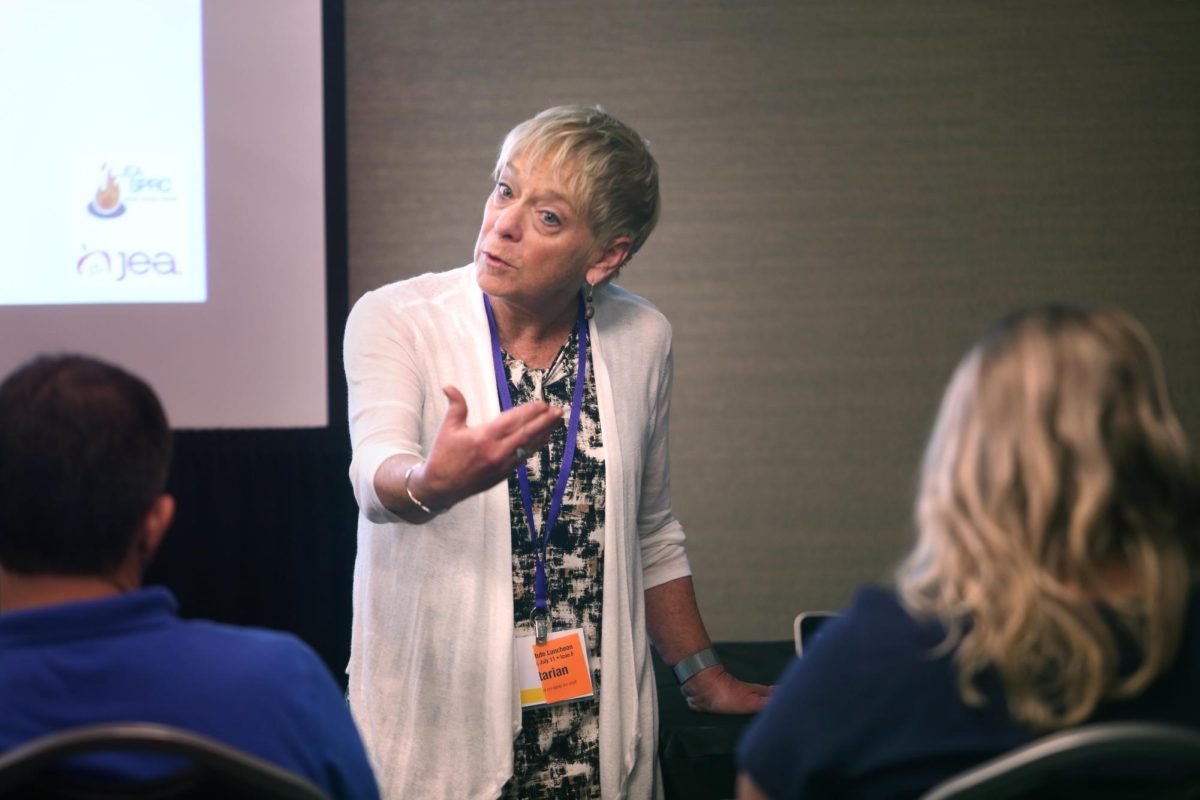The world changed when Kelly Glasscock was executive director of JEA. In addition to the normal challenges the position brings, Glasscock was side swiped with a worldwide pandemic which brought a new meaning to the phrase “things change and we adapt.”
“I will forever remember the challenge presented by a global pandemic, which prevented the very activity central to JEA’s business model: gathering together,” Glasscock said. ”We were operating at a high level with the aspiration of even more growth. At that very moment, the entire convention industry abruptly shut down, with JEA following suit coming to a full stop with the cancellation of the Spring 2020 National High School Journalism Convention.”
Losing the convention experience meant redefining what JEA could offer its members.
“We had to adapt on the spot to offer new services in ways the organization never imagined. We navigated through multiple virtual conventions and workshops through 2020 and 2021, finally returning to in-person programming at my very last convention as executive director in 2022,” Glasscock said. “I was thrilled we had the opportunity to reinstate our classic convention experience before my tenure was over, but the pandemic helped the organization realize new capabilities to leverage long into the future.”
Glasscock was familiar with JEA/NSPA conventions long before he became the executive director. A photographer for the Blue M yearbook at Manhattan (Kansas) High School his senior year and then photo editor of both the Collegian and the Royal Purple yearbook during his time at Kansas State, he attended conventions as a student, as a student convention staff member and then as a teacher at Derby (Kansas) High School.
“Working the conventions as a K-State student staff member was definitely helpful to my career path,” Glasscock said. “It eased me into the journalism education field since I knew how to get connected to resources for advisers. Kansas City was the first convention I took students to. Only four signed up to go. They loved it. The next year, 25 students wanted to go because they heard how fun and amazing the experience could be. And they learned so much. When they left the convention, they already had ideas to apply to their publications.”
Personally experiencing the value of conventions made the decision to cancel Spring 2020 in Nashville especially difficult.
“We were coming off of Washington, D.C. where we were counting the number of attendees and at 6,161 it was one of our largest,” Glasscock said. “The previous fall was Chicago, our second largest convention ever. We were consistently breaking attendance records. Making the decision to cancel Nashville was gut wrenching. While it was the right decision, we had to figure out what to do next.”
By fall of 2020 JEA/NSPA had figured out how to serve members even if they couldn’t meet face to face.
“That time period was kind of a frenzy as we figured out what to do. The program and platform for the virtual experience was new to everyone. We reinvented the NHSJC convention experience as a real-time, online convention, which made it possible for new advisers and students to attend.” Glasscock said. “The theme for the first ever NHSJC virtual convention was “All of Us” because we felt we were all facing the same global pandemic, but able to meet together online.
Glasscock sees serving members in the future as a team effort with partners.
“We have seen the teaching landscape become much more diverse in every sense of the word,” he said. “From teachers to students, the needs of those we serve are greater than ever before. To meet those needs, I would like to see several highly refined partnerships.”
Those partnerships would support advisers.
“For publications to survive in most schools, advisers must carry a course load including English and speech, or any number of other subjects. While this has always been present to a degree, the burden of teaching in multiple scopes has strained the teacher/adviser even more. Make no mistake, the life of an adviser is a challenging endeavor. Efforts have long been made to forge a symbiotic relationship with complementary organizations,” Glasscock said. “Partnerships broaden JEA’s organizational capacity to benefit members and students.”
Glasscock left JEA in 2004 to run his family’s business, but JEA and scholastic journalism are still at the top of his “most important” list.
“I see the profession through the eyes of a journalism student, professional, teacher and as JEA director. I believe in what teachers and students are doing,” he said. “Don’t get discouraged. Trust the process. Have passion and perseverance because scholastic journalism strengthens our democracy.”
